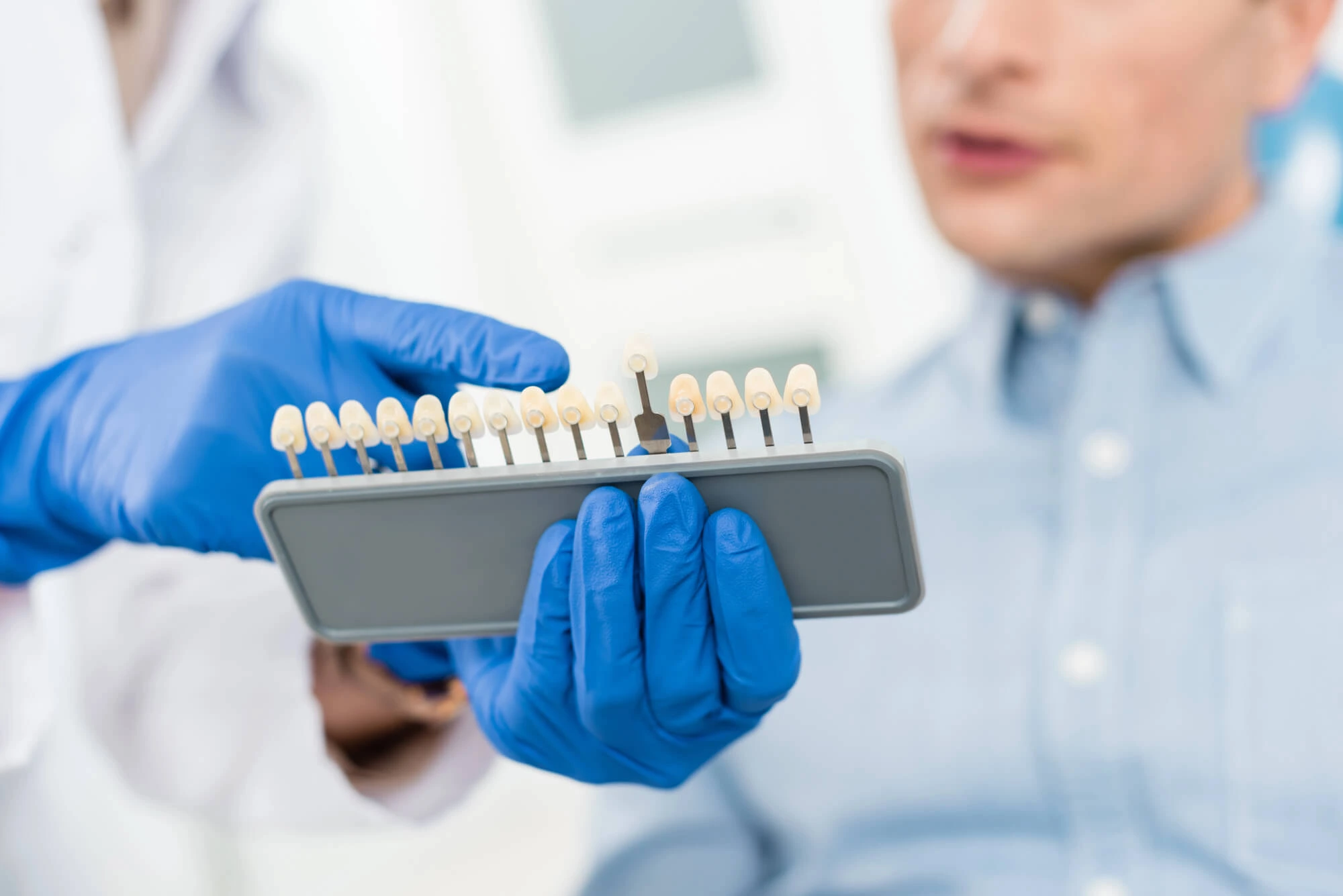Can I Get Dental Implants? Top 5 Factors That Make You a Candidate

Dental implants in Randolph, NJ, have become the gold standard for replacing missing teeth. By attaching to your jawbone, they work just as your natural teeth do, offering a permanent, natural-looking solution that restores both function and confidence. Sadly, not everyone is an ideal candidate for the procedure.
Because implants involve surgery, they require a lengthy preparatory process, during which your dentist will assess five key factors to determine if they are the right choice for you.

Benefits—and Challenges—Of Dental Implants
Dental implants stand out among restorative methods, and with reason. They look and feel natural, can last a lifetime with proper care, and, unlike dentures or bridges, can preserve jawbone health by stimulating bone growth.
However, they also come with challenges. Implant placement is a surgical procedure. While minor, not everyone is an immediate candidate. The top five factors dentists consider to determine if you’re a candidate for dental implants include:
1. Good Overall Health
Even if implant surgery is a minor procedure, it is still a surgery. Your overall health plays a significant role in healing and long-term success, which is why your dentist will inquire about this factor.
Conditions like uncontrolled diabetes, certain cancers, or immune disorders can impair your ability to heal and may increase the risk of implant failure. That doesn’t automatically disqualify you—but your medical history must be reviewed carefully by your dental provider.
2. Healthy Gums
Your gums form the foundation for your teeth—and your implants. If you have gum disease or periodontal issues, you must treat them before implants can be placed. Active infections or inflammation around the gums can compromise the implant site, leading to infections and making it difficult for the bone and implant to form a proper bond.
3. Sufficient Bone Density
Successful dental implants rely on the strength and volume of your jawbone to anchor securely. If you’ve had missing teeth for a long time, your jawbone may have deteriorated—a process known as bone resorption.
When the jawbone isn’t strong enough, implants don’t attach properly, start to shift, and may eventually fail.
4. Good Oral Hygiene Habits
Dental implants are low-maintenance, but not no-maintenance. Brushing, flossing, and regular dental visits are crucial for maintaining the health of the surrounding tissue and bone.
Poor oral hygiene can lead to peri-implantitis—a type of gum disease that can cause implants to fail. You're likely a strong candidate if you're committed to maintaining your oral health.
5. Tobacco-Free Lifestyle
Smoking is one of the biggest risk factors for implant failure. Nicotine restricts blood flow and impairs healing, increasing the chances of complications post-surgery.
Many dentists recommend quitting smoking before undergoing implant treatment. If you're currently a smoker, talk to your dentist about cessation strategies that could improve your eligibility.
What If You’re Not a Perfect Candidate?
Even if you’re currently dealing with bone loss, gum disease, or a chronic health condition, that doesn’t automatically disqualify you from getting dental implants.
Advances in dental technology and procedures, such as bone grafting, have enabled more patients to benefit from implants than ever before. Don’t give up on making the best for your smile. Contact a dentist experienced in implant procedures!

Ready to Find Out If You Qualify for Dental Implants in Randolph, NJ?
Implants are one of the best restorative options after tooth loss—but they’re also an extensive procedure that involves surgery and long healing times. The best way to determine your candidacy is through a professional consultation.
If you're considering dental implants, schedule an appointment with Smith Family Dentistry today. We’ll perform a thorough evaluation, discuss your treatment options, and create a personalized plan that fits your oral health goals.




